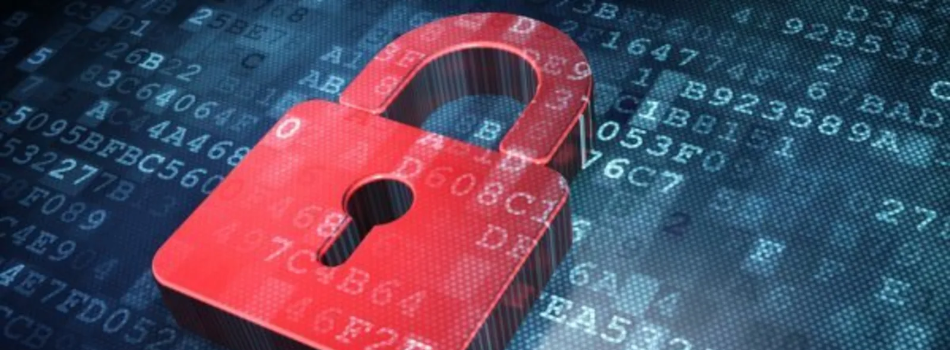Data encryption using GnuPG

What is data encryption?
Data encryption

- It is the process of transforming information using an algorithm so that it is incomprehensible to anyone who does not have the decryption key.
- The reverse process known as de-encryption requires another algorithm and the decryption key.
- Symmetric encryption uses the same key to encrypt and decrypt.
- Asymmetric encryption uses different keys: a pair composed of a public key, which is used to encrypt, and a private key, which is used to decrypt. The private key cannot be deduced from the public key.
Why encrypt my data?

- Prevent unwanted access to computers.
- Protect sensitive information in the event of theft or seizure of the storage device.
- Maintain privacy in correspondence and conversations.
- Transfer data securely, preventing third parties from interpreting it.
GNU Privacy Guard

- GnuPG is a GPL-licensed software package that uses the IETF:OpenPGP standard.
- GnuPG encrypts messages using individual asymmetric key pairs generated by users.
- GnuPG also supports symmetric encryption algorithms.
- It is estimated that using RSA-2048 asymmetric encryption the encryption cannot be broken before 2030, for security beyond 2030 it is recommended to use RSA-3072.
- For sensitive information using symmetric encryption, the NSA recommends using AES-256.
File system

Encrypting the file system offers the following advantages:
- Prevents unauthorized access to the system.
- Prevents the reading of data in the event of theft or seizure of the computer.
- The information is safe even if the computer and password are stolen.
Storage devices

- In addition to encrypting the file system, encrypting storage devices such as external hard drives or flash memories ensures confidentiality.
of the information in case of loss or seizure of the device.
- External mass storage devices such as USB flash drives can also serve as digital keys that store system encryption keys.
Thus preventing the file system information from being read even with the password.
e-mail

- Adding an encrypted signature to the email confirms the authenticity of the source.
Some email servers allow you to send email without knowing the account password and this is only required to read the email.
- Encrypting email helps ensure that only interested parties have access to the content.
Most email servers are not located on computers within the users' company or institution
if not stored on equipment of Internet service provider companies, where they can be read by company personnel or intelligence agencies.
Instant messaging and video conference

- In public instant messaging services such as msn, google talk, skype, etc.
the flow of all conversations is concentrated on a few servers. These servers analyze each message in search of specific content that, when found, sends alerts to intelligence agencies.
- To further protect the flow of instant messaging information, it is advisable to install your own instant messaging server in the company or institution using protocols such as XMPP.
We can help you

-
We offer you our services to find the best solution to protect the information of your company or institution.








